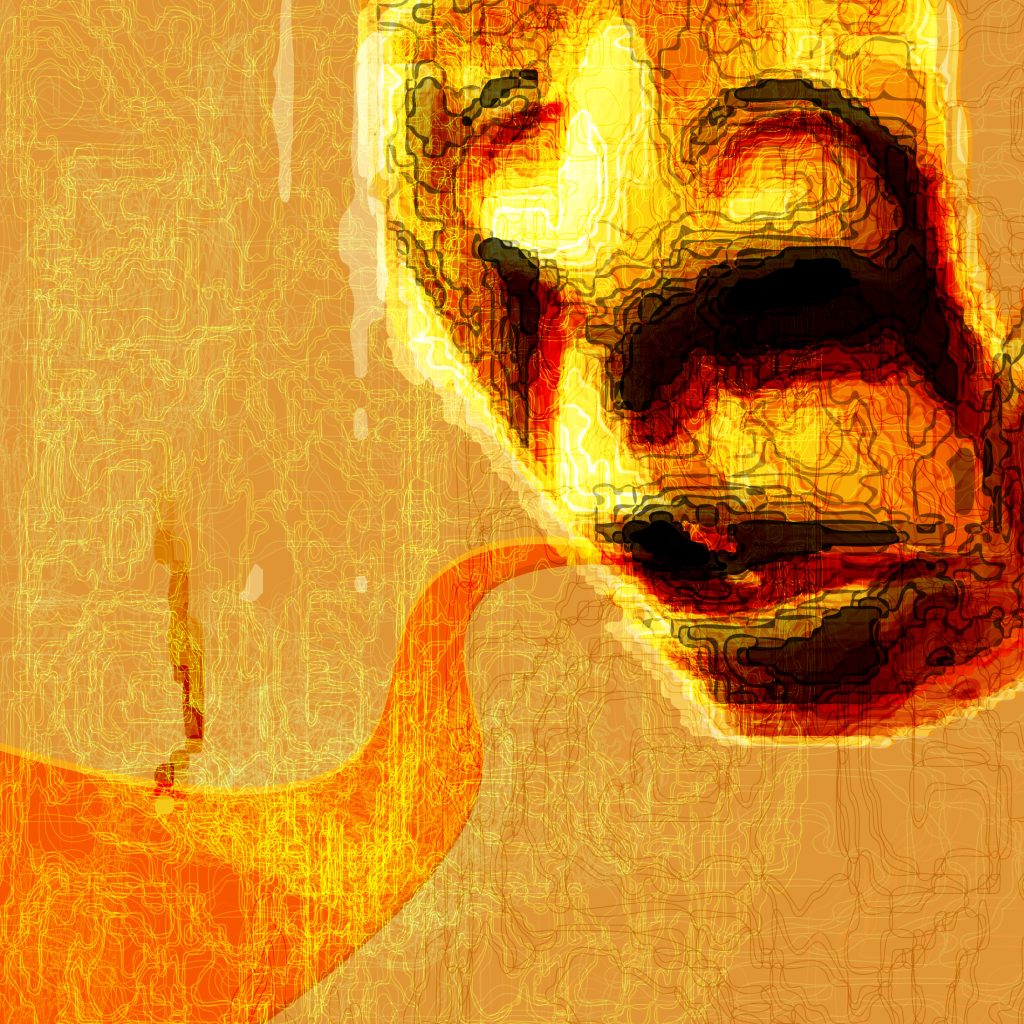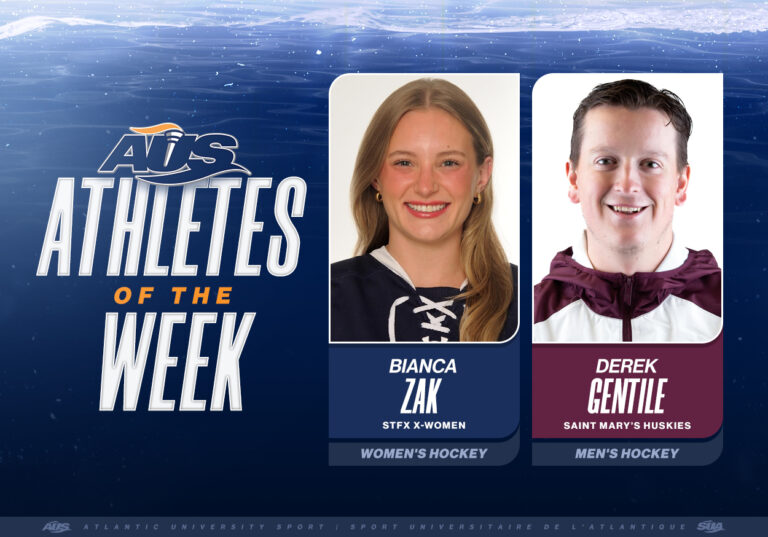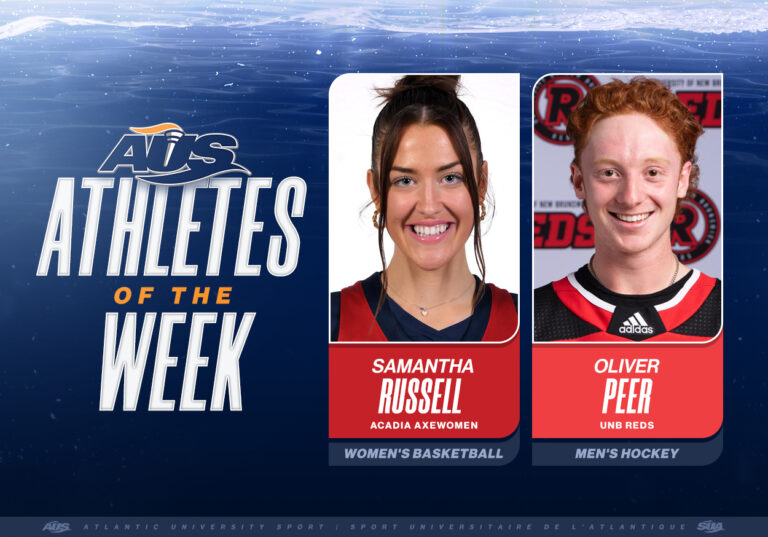A step forward in meaningful reconciliation and much needed change to academic publishing is evolving: templates for Indigenous Elder and Knowledge Keeper citations. Libraries are working to validate how Indigenous knowledge systems are reflected in academic citations across both Canada and the United States.
Lorisia MacLeod of the James Smith Cree Nation in Saskatchewan is an Indigenous scholar and librarian who developed templates at NorQuest College in Edmonton, Alberta to cite Indigenous Elders and Knowledge Keepers that allow authors to provide both an in-text citation and references. MacLeod’s template is used across several universities in Canada.
How should you be citing Indigenous Elders and Knowledge Keepers?
According to APA 7th edition rules, “authors should cite recorded Traditional Knowledge per the appropriate approach for the resource (e.g., book, video) (p. 111) and treat all Traditional Knowledge that hasn’t been recorded as personal communication (APA, 2021, p. 111).”
However, MacLeod says this is problematic: “To use the template for personal communication is to place an Indigenous oral teaching on the same footing as a quick phone call, giving it only a short in-text citation (as is the standard with personal communication citations), while even tweets are given a reference citation. Some oral teachings have survived since time immemorial and deserve the same respect that we afford the great stories and minds of the Western world: a proper citation.”
Asma-na-hi Antoine, Associate Director for Indigenous Engagement at Royal Roads University, encourages their student body and faculty to use the following approaches to APA 7th edition citations:
Reference
Last name, First initial., Nation/Community. Treaty Territory if applicable. Where they live if applicable. Topic/subject of communication if applicable. Personal communication. Month Day, Year.
Example:
Cardinal, D., Goodfish Lake Cree Nation. Treaty 6. Lives in Edmonton. Oral teaching. Personal communication. April 4, 2004.
In-text Citations
Delores Cardinal (2004) described the nature of the place as… .
OR
The nature of the place was… (Cardinal, 2004).
NorQuest Library also developed MLA style citations in the spirit of wahkôhtowin and reconciliation.
For MLA style:
Elders and Knowledge Keepers should be cited in-text and in the reference list.
Last name, First name., Nation/Community. Treaty Territory if applicable. City/Community they live in if applicable. Topic/subject of communication if applicable. Date Month Year.
Example:
Cardinal, Delores., Goodfish Lake Cree Nation. Treaty 6. Lives in Edmonton. Oral teaching. 4 April 2004.
MacLeod provides a reminder to those who approach Elders for teachings: “If you would like to approach an Elder or Knowledge Keeper for teachings, remember to follow protocol. If you are unsure what their protocol is, please ask them ahead of time. Some teachings are sacred and not all traditional teachings should be shared outside the community. If you have been welcomed into a First Nations’ community, ask for permission from the appropriate individual to share knowledge versus assuming all knowledge is open to everyone.”
All information is graciously retrieved from and can be found on the Norquest College Library website.
We recognize and respectfully acknowledge that the operations of the University of New Brunswick’s student publication, The Brunswickan, take place on unsurrendered and unceded traditional territory of the Wolastoqiyik. The territory served by this magazine is covered by the Treaties of Peace and Friendship which the Wolastoqiyik, Mi’kmaq, and Passamaquoddy peoples first signed with the British Crown in 1725. The treaties did not deal with the surrender of lands and resources but in fact recognized the Wolastoqey, Mi’kmaq, and Passamoquoddy title and established the roles for what was to be an ongoing relationship between nations.
The British Crown proved, and continues in its settler-colonial form as the government of Canada to prove, incapable of respecting or honouring these treaties in good faith.
To honour the continuing sovereignty and independence of the Wolastoqiyik and Mi’kmaq, as well as the land and waterways on which The Brunswickan and all of its members and readers depend, we pledge to uplift Indigenous voices whenever and wherever possible. A simple territorial acknowledgement at the beginning of this magazine is not enough. We pledge our action, resources, and support, and readily give our space when it is wanted and needed. For more details, contact editor@thebruns.ca




